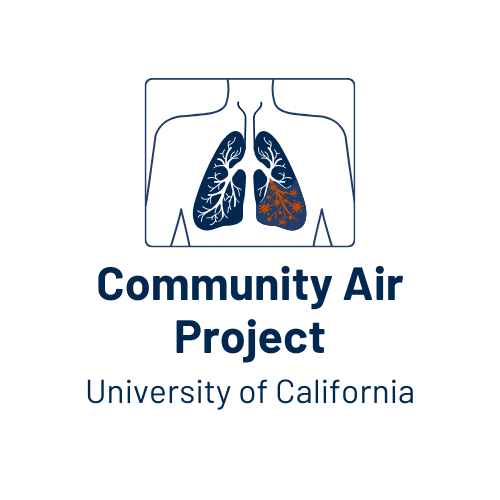Technology Meets Community
The goal of this project is to build a partnership between university researchers and community members. Together, we are developing and deploying novel, low-cost air quality monitors designed to measure two major classes of Hazardous Air Pollutants (HAPs) in real time:
- Metallic Compounds (MC): These include toxic heavy metals such as lead (Pb), chromium (Cr), and nickel (Ni), which can be emitted from industrial facilities, metal processing, and legacy contamination.
- Volatile Organic Compounds (VOCs): These are carbon-based chemicals that easily evaporate at room temperature, such as benzene (C6H6) and formaldehyde (CH2O), which are linked to industrial solvents, vehicle exhaust, and other sources.
Exposure to these HAPs, even at low concentrations, has been linked to a range of severe health outcomes, including cancer, respiratory illness, and neurological damage. By providing real-time data, these new instruments empower communities with immediate, actionable information about their environment, a significant advance over traditional monitoring methods that often involve lengthy and expensive lab analyses.
Commitment to Environmental Justice
A contribution of this project is its deep commitment to a community-engaged research model. Our community partners are integral collaborators throughout every phase of the research process. This includes:
- Development: Providing feedback on the design and usability of the air quality monitors.
- Deployment: Collaboratively deciding on monitor placement to capture data in locations of greatest concern.
- Data Analysis & Dissemination: Working together to interpret the findings and share them in culturally appropriate and accessible ways with residents, policymakers, and regulatory agencies.
This research is specifically focused on communities across California that bear a disproportionate burden (e.g. consistently nominated AB 617 communities) of environmental pollution. By placing cutting-edge technology in the hands of those most affected, the Community Air Project aims to generate data that can validate residents' experiences, support advocacy for cleaner air, and inform policy changes to promote environmental equity.
